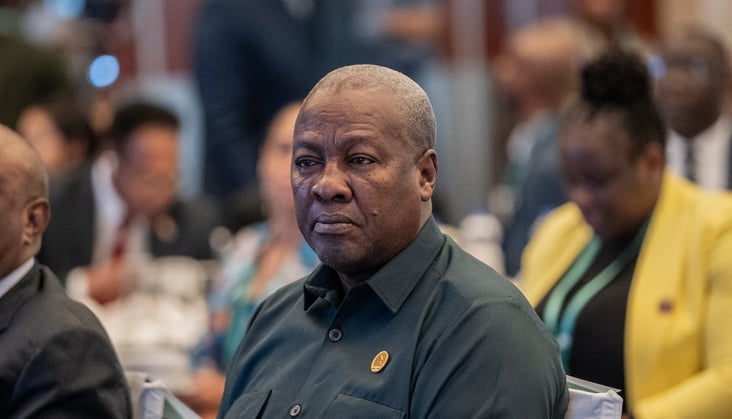The Looming Threat of Galamsey: UTAG’s Call for Action
The University Teachers Association of Ghana (UTAG) has issued a stern warning to the government regarding the escalating environmental crisis caused by illegal small-scale mining, commonly known as galamsey. UTAG emphasizes the devastating impact of galamsey on research, public health, and water security, demanding immediate and decisive action to combat this environmental menace. The association’s concern stems from the perceived lack of progress in addressing the issue and the government’s reluctance to repeal Legislative Instrument (L.I.) 2462, which has been criticized for weakening forest protection measures. UTAG’s ultimatum is clear: if the government fails to demonstrate genuine commitment to curbing galamsey, the association will resort to industrial action, as it did in the previous year, to compel the necessary response.
Galamsey’s Devastating Impact on Research, Public Health, and Water Security
UTAG’s primary concern lies in galamsey’s detrimental effects on vital sectors. Research initiatives, particularly those related to environmental studies and biodiversity, are severely hampered by the destruction of natural habitats and the pollution of water bodies. The contamination of water sources poses a grave threat to public health, leading to increased risks of waterborne diseases and heavy metal poisoning. Furthermore, the depletion of water resources due to galamsey activities undermines water security, jeopardizing agricultural productivity and access to safe drinking water for communities. UTAG argues that these consequences are not only environmentally damaging but also pose significant social and economic challenges to the nation’s development.
UTAG’s Demands: Revoking L.I. 2462 and Protecting Forest Reserves
UTAG’s demands center around two key actions: revoking L.I. 2462 and implementing a comprehensive ban on mining activities within protected forest reserves. The association contends that L.I. 2462 weakens existing environmental regulations and creates loopholes that facilitate illegal mining operations. By revoking this legislative instrument, UTAG believes the government can send a strong signal of its commitment to environmental protection and strengthen the legal framework against galamsey. Furthermore, the ban on mining within protected areas aims to safeguard these crucial ecosystems from further destruction and preserve their biodiversity.
Holding Officials Accountable and Strengthening Enforcement Mechanisms
UTAG also calls for accountability within the government and its affiliated parties. The association urges President John Dramani Mahama to take decisive action against officials and party members who are allegedly obstructing or undermining efforts to combat galamsey. This call for accountability underscores UTAG’s belief that addressing the galamsey crisis requires not only effective policies and enforcement mechanisms but also a commitment from all stakeholders to uphold the law and prioritize environmental protection. Strengthening enforcement mechanisms, including increased surveillance, stricter penalties for illegal mining, and enhanced collaboration between law enforcement agencies, is crucial to deterring future galamsey activities.
Commendation for Efforts and the Need for Sustained Action
While expressing its concerns and issuing its ultimatum, UTAG also acknowledges the efforts made by certain government officials. The association commends the Minister for Lands and Natural Resources and the Administrator of the Minerals Development Fund for their visible commitment, including site visits and arrests conducted by the Ghana Police Service. This acknowledgement reflects UTAG’s recognition of the complexities involved in tackling galamsey and the importance of collaborative efforts. However, the association emphasizes that these initial steps must be part of a sustained and comprehensive strategy to address the root causes of the problem.
The Stakes: Environmental Sustainability and National Development
The galamsey crisis poses a significant challenge to Ghana’s sustainable development goals. The environmental degradation caused by illegal mining undermines the country’s natural resources, threatens public health, and jeopardizes the livelihoods of communities dependent on these resources. UTAG’s call for action reflects the broader concerns of Ghanaians who recognize the urgent need to address this issue. The association’s willingness to resort to industrial action underscores the gravity of the situation and the importance of the government taking decisive and effective measures to protect Ghana’s environment and secure a sustainable future.


